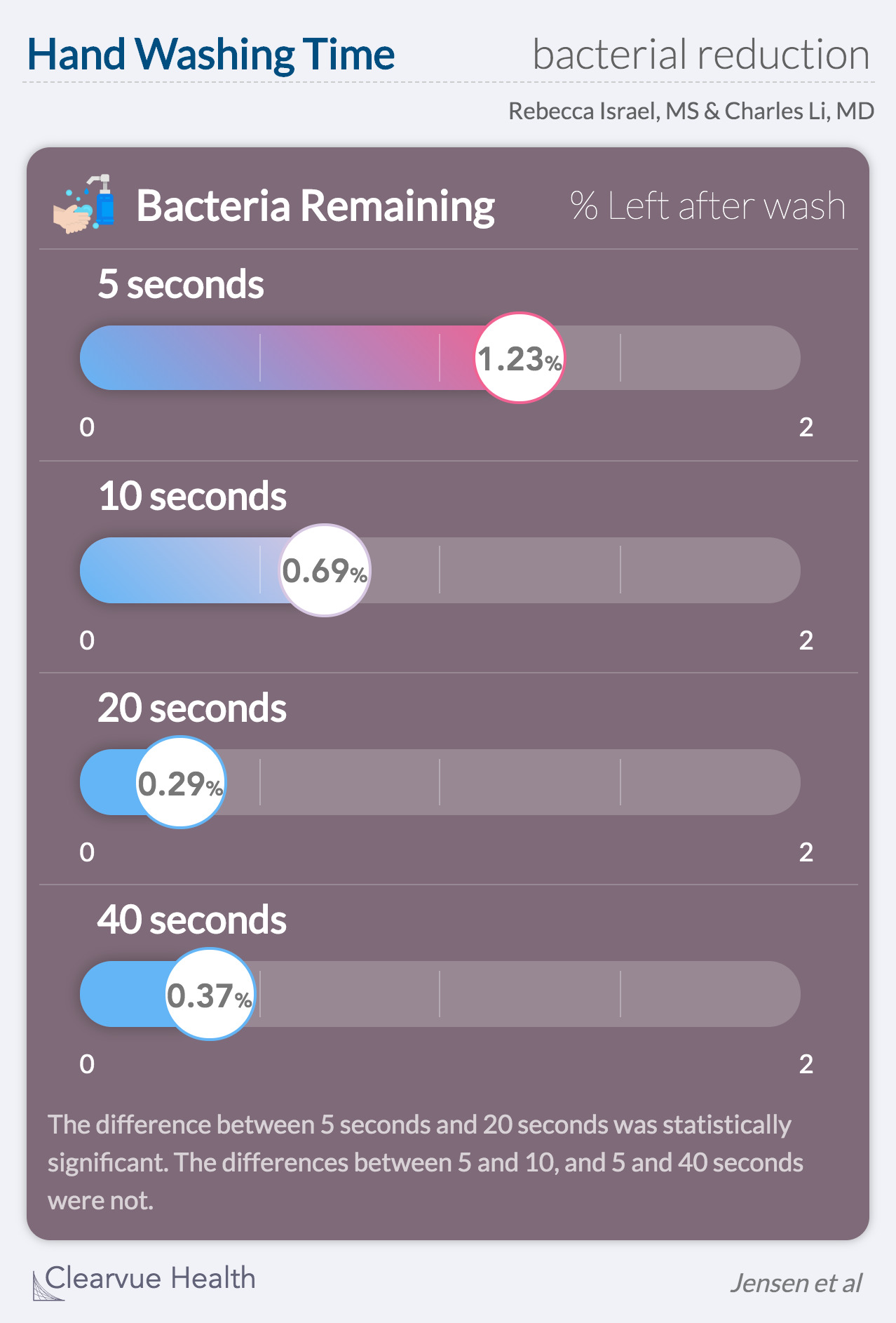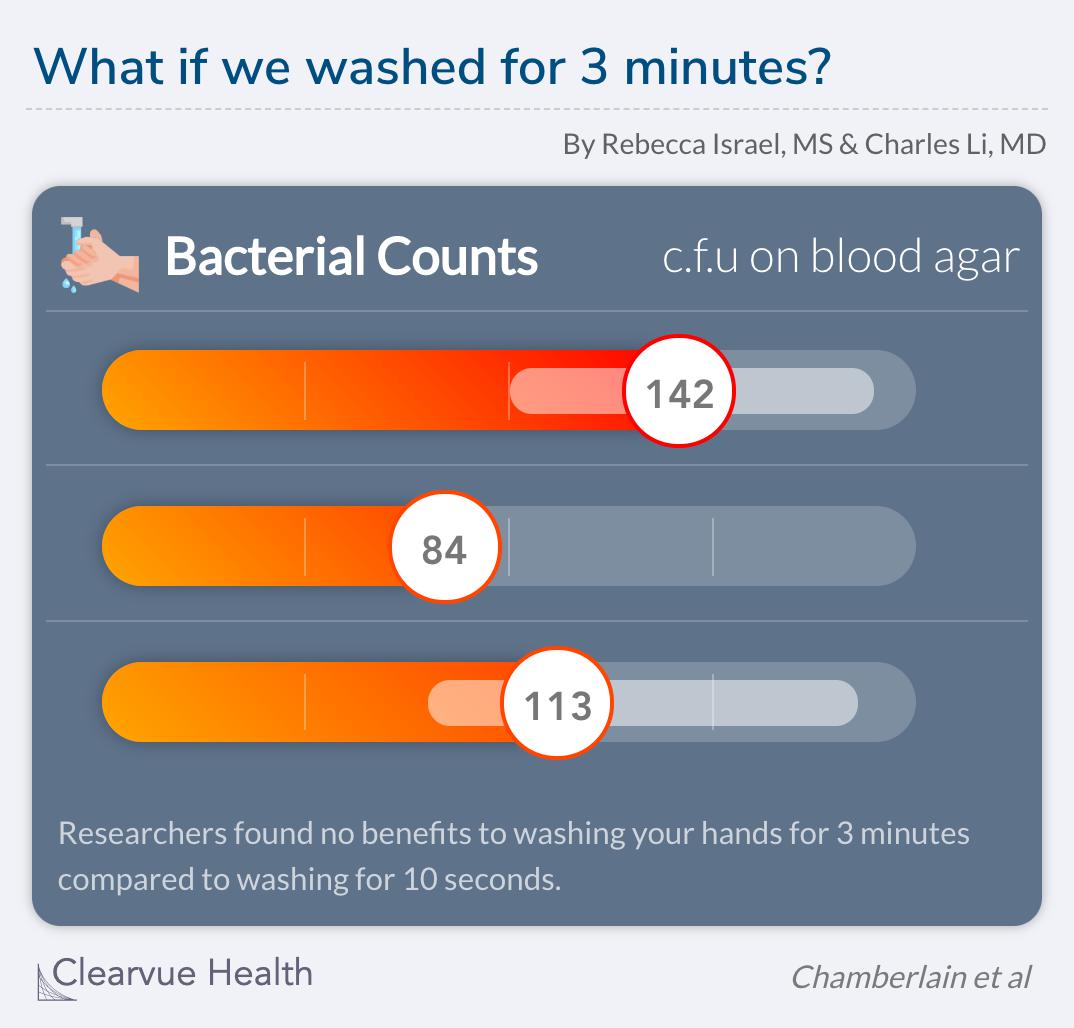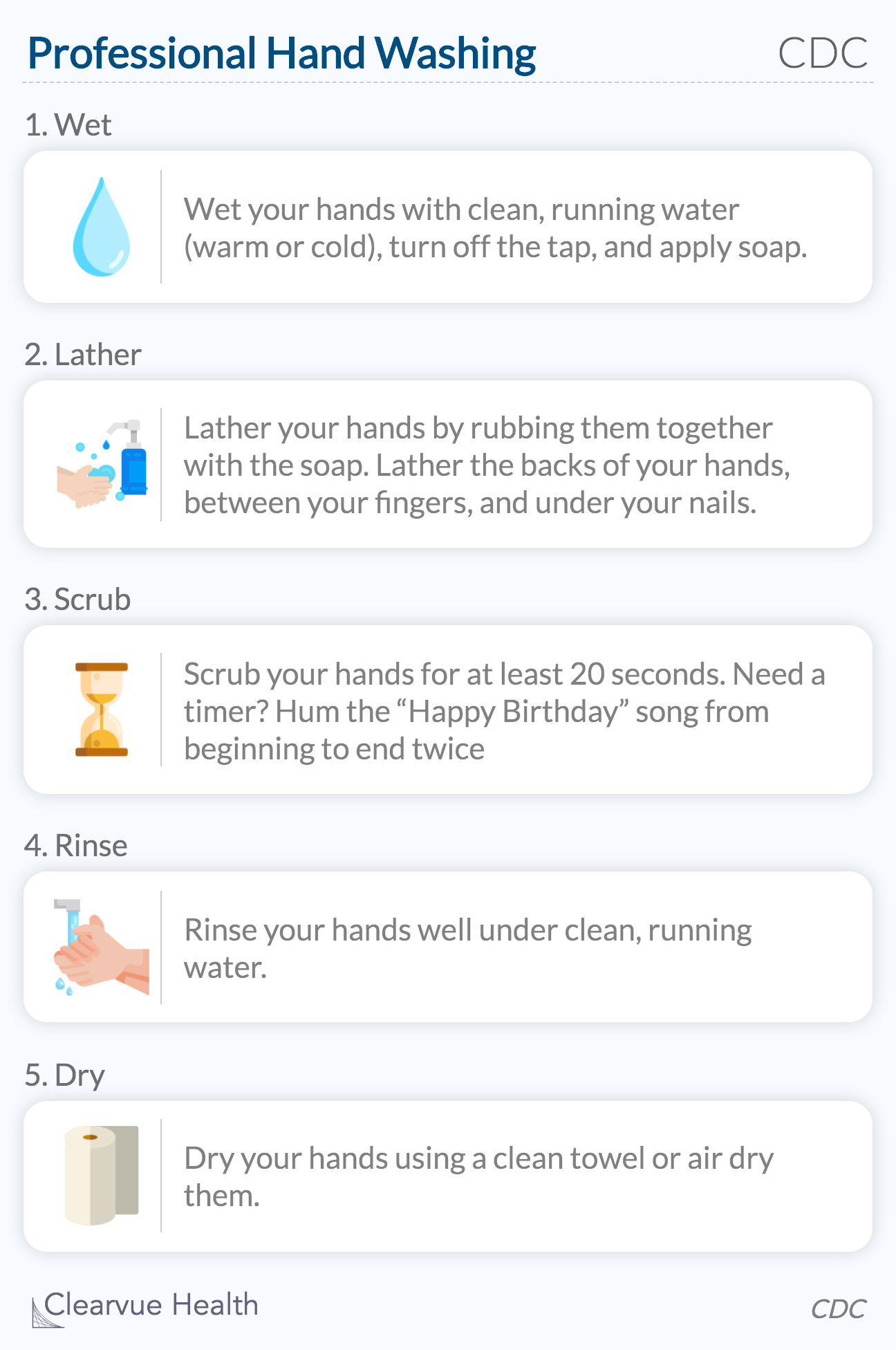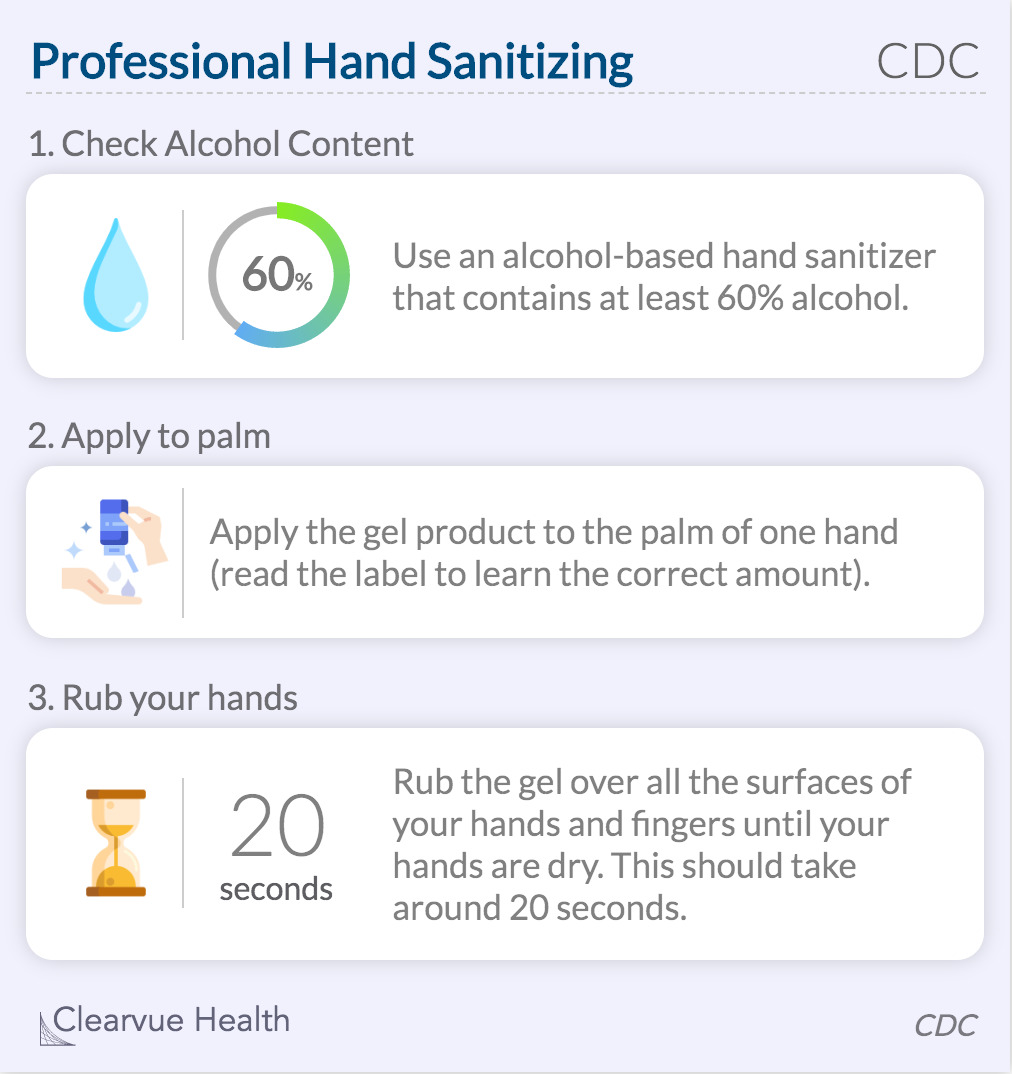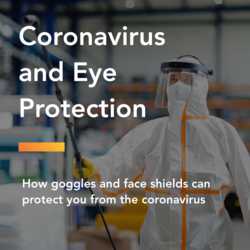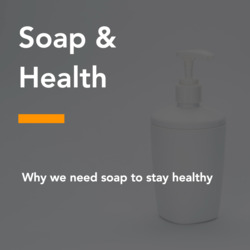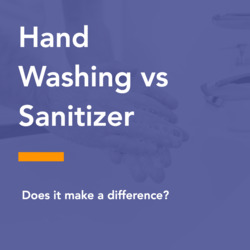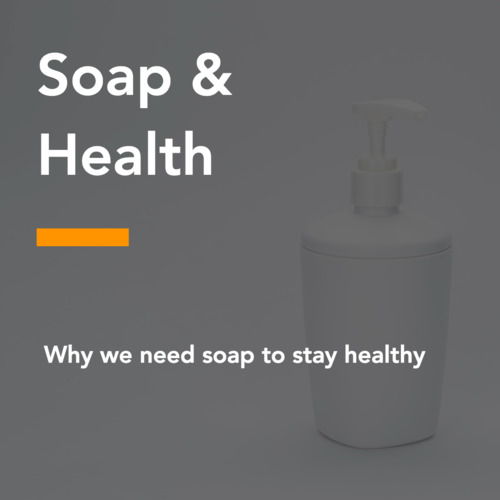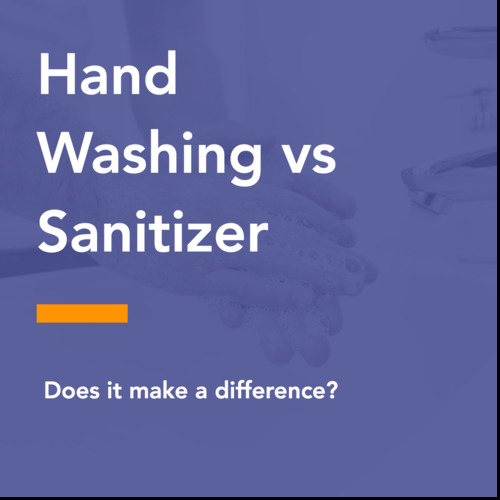You've probably heard some variation of the advice below from the CDC:
“
Scrub your hands for at least 20 seconds. Need a timer? Hum the “Happy Birthday” song from beginning to end twice.
CDC
In the era of COVID-19, we see this everywhere. It's on public service announcements, we hear it from friends, we see it in our inboxes.
But, is it grounded in science?
Our team has looked at the studies cited by the CDC, and we've summarized the most important data below so you can decide for yourself.
Why hand washing is important
We use our hands to touch everything in our world. We touch others through hand shaking, we touch doorknobs, and we touch our own faces.
By doing so, we pass along germs, including COVID-19.
Washing our hands can effectively remove most of these germs and can keep us from getting ourselves and our friends sick.
The Data
The question remains, why is 20 seconds the recommended time?
The CDC used several studies to come to this conclusion. We summarized the most relevant study below:
Source: Quantifying the Effect of Hand Wash Duration, Soap Use, Ground Beef Debris, and Drying Methods on the Removal of Enterobacter aerogenes on Hands
Researchers placed a harmless strain of bacteria on the hands of volunteers. Volunteers were then instructed to wash their hands in a controlled environment.
They measured the amount of bacteria before and after to see whether time spent washing, among other factors, mattered at all when it comes to clean hands.
Researchers found that washing for 5 seconds removed over 98% of bacteria on average.
Washing for 20 seconds removed over 99.5% of bacteria on average, which was significantly better than washing for 5 seconds.
Of note, washing your hands for 10 seconds and 40 seconds were not found to be significantly different than washing your hands for 20 seconds.
What if we washed for 3 minutes?
If washing your hands for 20 seconds is better than washing your hands for 5 seconds, would it be better to wash your hands for even longer?
Perhaps 3 minutes?
A research team actually tested this. They had some volunteers wash their hands for 10 seconds, and others wash for 3 minutes.
They found that washing your hands for 10 seconds reduced the amount of bacteria on your hands, consistent with the previous study.
Washing your hands for 3 minutes however did not reduce bacteria. It actually led to a greater amount of bacteria on average.
frictionResearchers theorize that this increase may be due to the friction exposing the skin’s natural bacteria.
“
Interestingly, in our experiments, increasing the washing time from 10 seconds to 3 minutes also increased the number of bacteria recovered from hands. This suggested that washing may release bacteria, otherwise not accessible to the swabbing technique, and this was confirmed using hands disinfected with ethanol.
Chamberlain et al.
Source: Distribution of Bacteria on Hands and the Effectiveness of Brief and Thorough Decontamination Procedures Using Non-medicated Soap
Key Takeaways
In every study we've seen, it's clear that handwashing is very effective for reducing the amount of germs on your hands.
While these studies look at bacteria rather than viruses, they are currently the best data we have with regards to hand washing time.
As shown in the data above, 20 seconds is not a hard and fast rule. You aren't dooming yourself to dirty hands and COVID-19 if you wash your hands for 15 seconds instead of 20 seconds.
Instead, it's a good guideline to live by. There's no harm in washing for 20 seconds, and all the data we have at the moment points to the fact that it's the ideal amount of time to wash your hands.
CDC Recommendations on Hand washing
We've summarized the latest recommendations on hand washing and hand sanitizers below:

